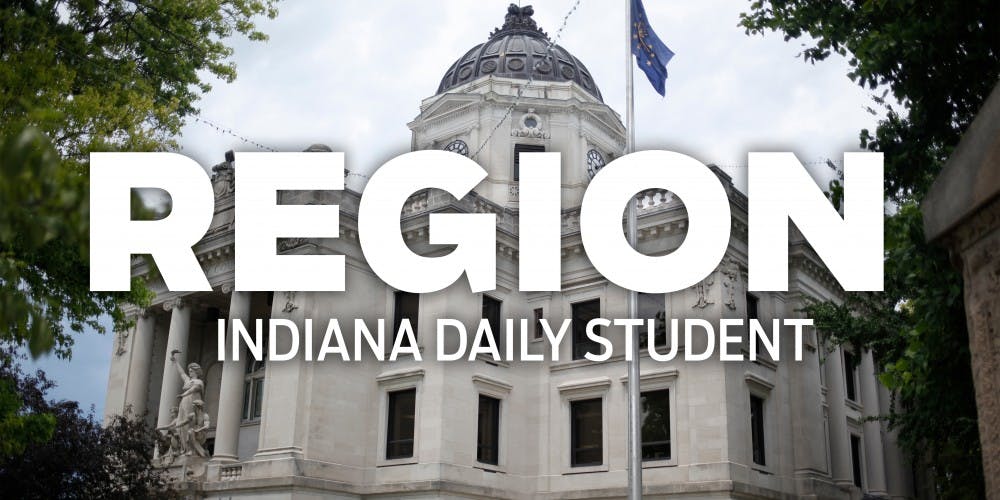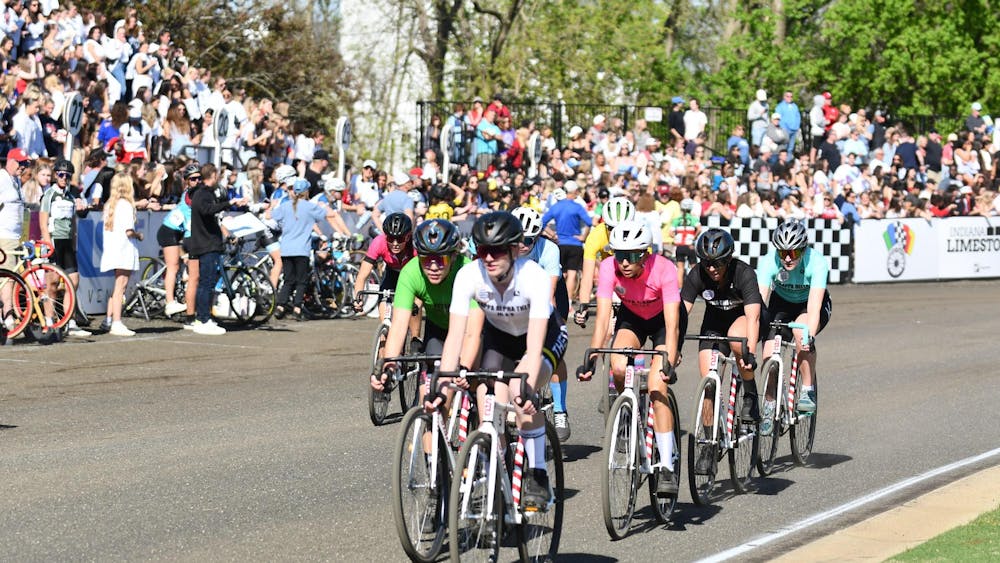In recent years, Indianapolis has been known for its increasingly high murder rates per capita, but Rep. John Bartlett has proposed a solution to the violence: bringing back school prayer.
Bartlett, D-Indianapolis, authored legislation this session that would protect — but not force — students of any faith who wish to pray during the school day. It would prohibit any potential discrimination against students expressing their religion before, during and after school. House Bill 1024 is now sitting at Gov. Eric Holcomb’s desk, awaiting his signature.
“It’s important, I think, we look at our society and where we are today, and we make adjustments and try to make things better,” Bartlett said.
A provision of the bill also encourages schools to include curriculum that teaches students about an array of world religions if the school has the resources to afford to do so.
There’s nothing in the bill that would make it mandatory for students to pray, Bartlett said. It merely requires that schools allow time throughout the day for students to pray. Bartlett said “communicating with a higher power” can teach important skills of conflict resolution to students.
Though the Constitution already delineates the freedom for individuals to express their religion, Bartlett said he thinks it’s important to reinforce those freedoms at a state level.
“A lot of schools are not sure what they can and cannot do,” Bartlett said. “This just lets them know that we can do this by law. We have a right to do this.”
When the bill was originally introduced in the legislature, the Jewish community expressed public concern. Legislators opposed to the bill also voiced fears that the legislation would allow for non-Christians to be singled out or that it would be fodder for more lawsuits against schools.
David Sklar, director of government affairs at the Indianapolis Jewish Community Relations Council, said the JCRC originally opposed the bill.
They were particularly worried about one provision that said there would be time set aside for public prayer at any kind of school-related public event, such as a graduation ceremony or sporting event.
This would’ve meant that there would need to be a system for students who didn’t wish to be a part of that prayer time to remove themselves from that situation.
“As representatives of a minority religious community, obviously we take the separation of church and state very seriously,” Sklar said.
Students can certainly express religious beliefs, but schools cannot endorse them, Sklar said.
The JCRC worked with legislators to get this provision of the bill removed, and Sklar said as it stands now, without that section, they are basically neutral on the bill.
“I think we still have some moderate concerns,” Sklar said. “I don’t know that we think that the bill is ultimately necessary, but everything that’s left is pretty well-drafted to be constitutional.”
Daniel McMullen, a 2013 graduate of Bloomington High School South, said he believes the bill to be a victory for religious freedom.
McMullen remembers some of the adverse responses he received when he prayed publicly in high school, he said.
One time, he said, a girl asked him why he was praying.
“Don’t you know you’re at school?” she asked. He’d just laugh, not knowing what to say.
McMullen, who says he has and always will identify as a Christian, recently converted to the Church of Jesus Christ of Latter-day Saints.
“I think it would have been a little easier if people wouldn’t have questioned or judged as they did in a public environment,” McMullen said. “Now, when and if it gets enacted, I think it will prevent that.”
McMullen also said the curriculum provision of the bill, where students can have the opportunity to learn about other religions, may expose students to knowledge they otherwise wouldn’t have come across.
Bartlett said he’d like to give the legislation a few test years to go into effect and see if there are issues that need tweaking.
Throughout the process this legislative session, a majority of legislators did not express much opposition to this bill.
According to the Indiana General Assembly website, the House concurred on Senate amendments to the bill 78-7 on April 13. The Senate president pro tempore and the House speaker have signed off on the bill. Now it merely awaits the governor’s approval.






